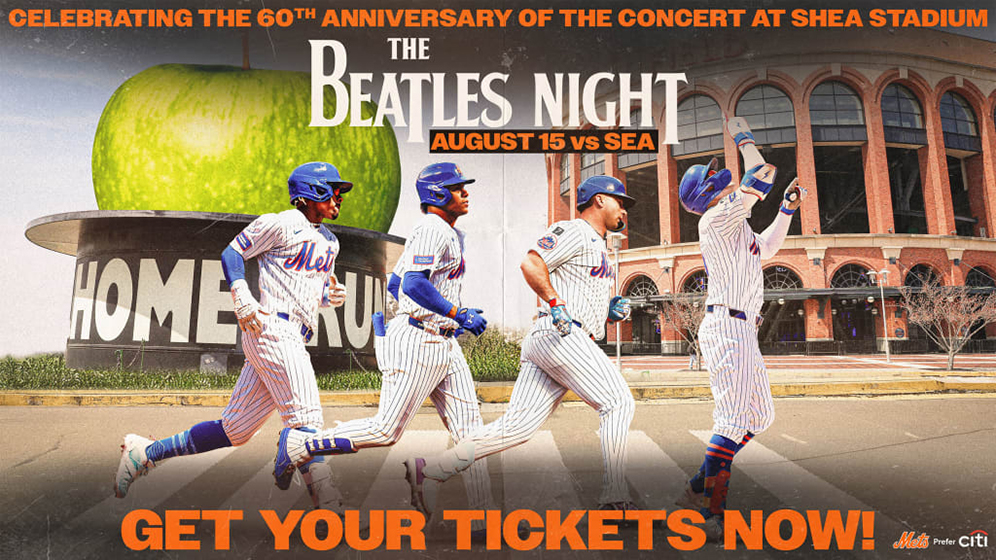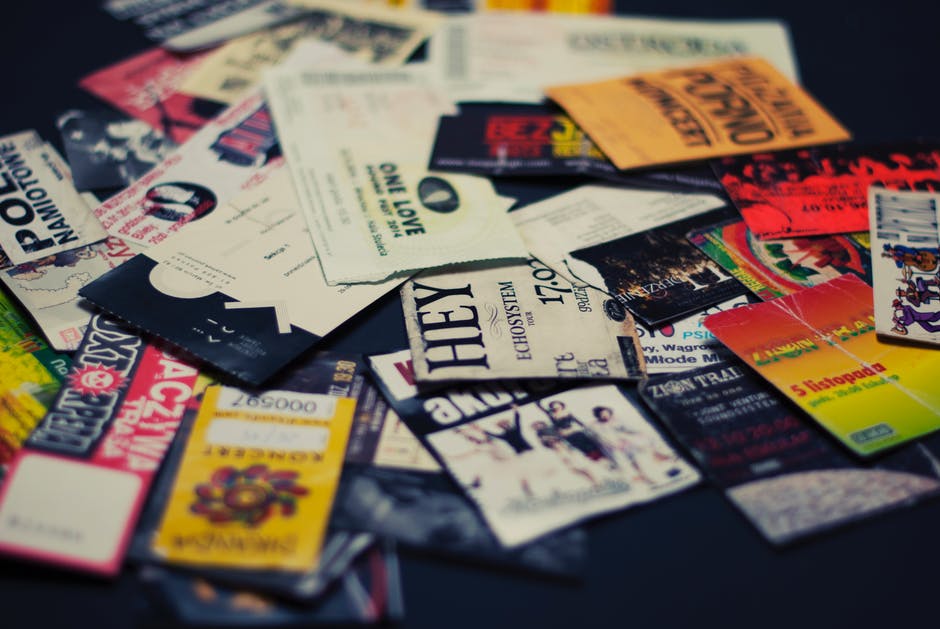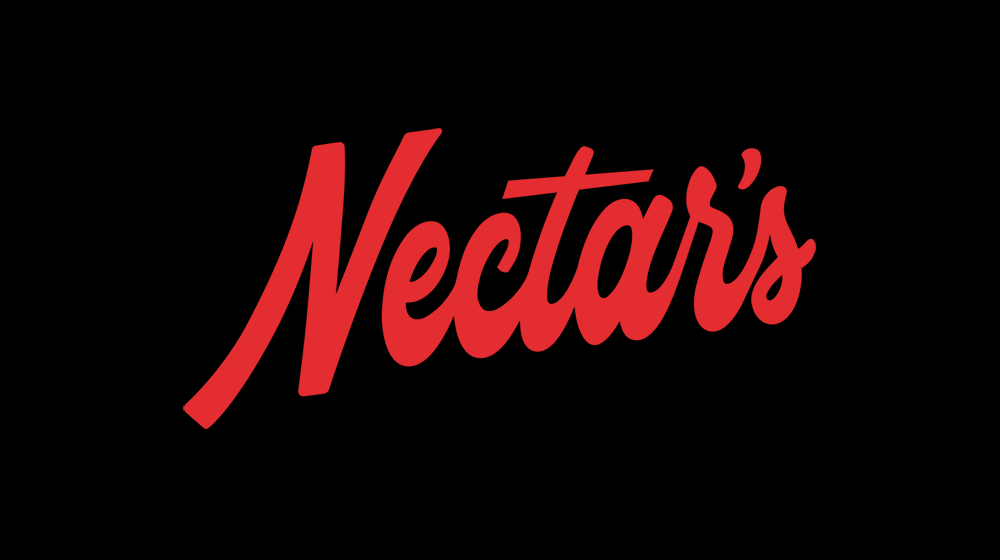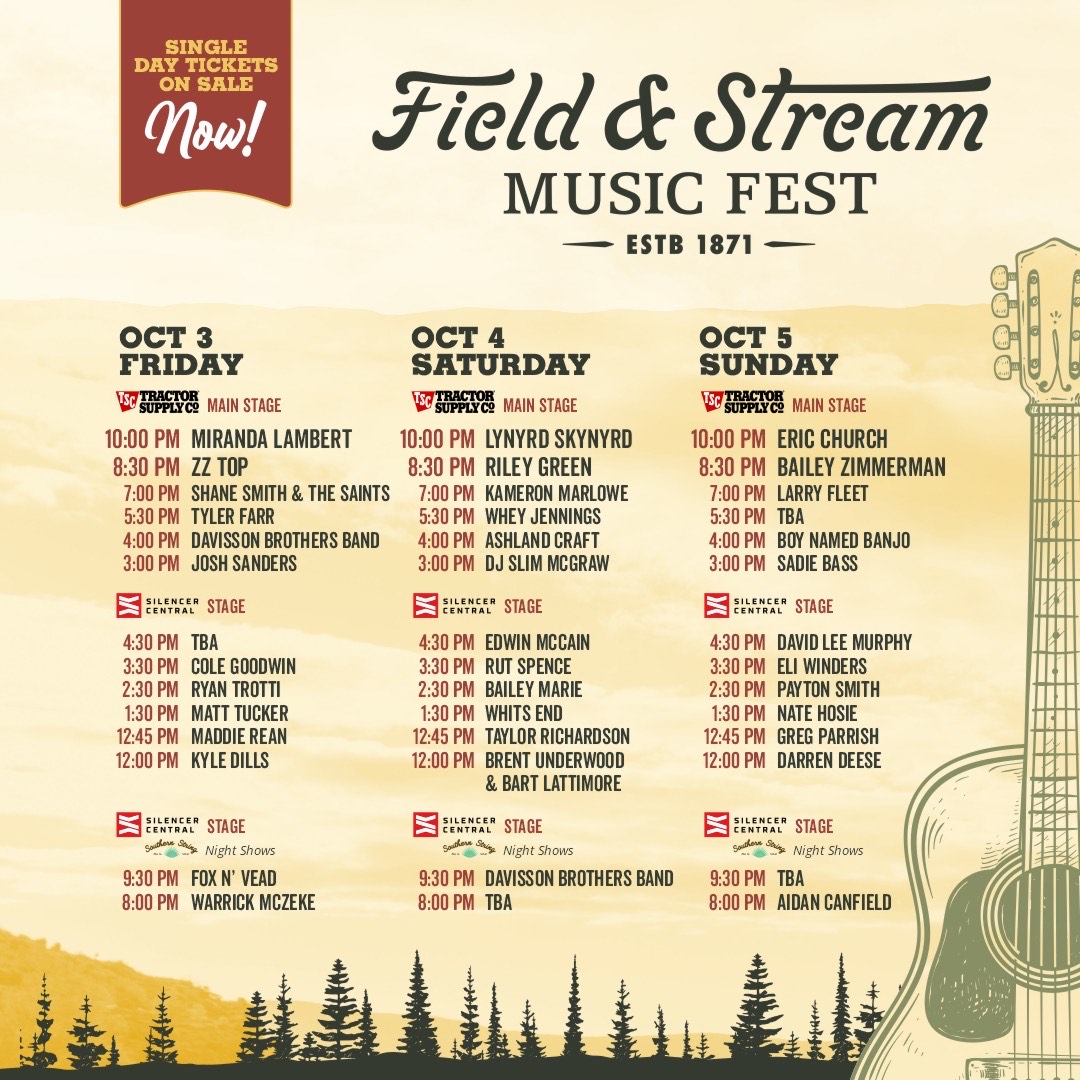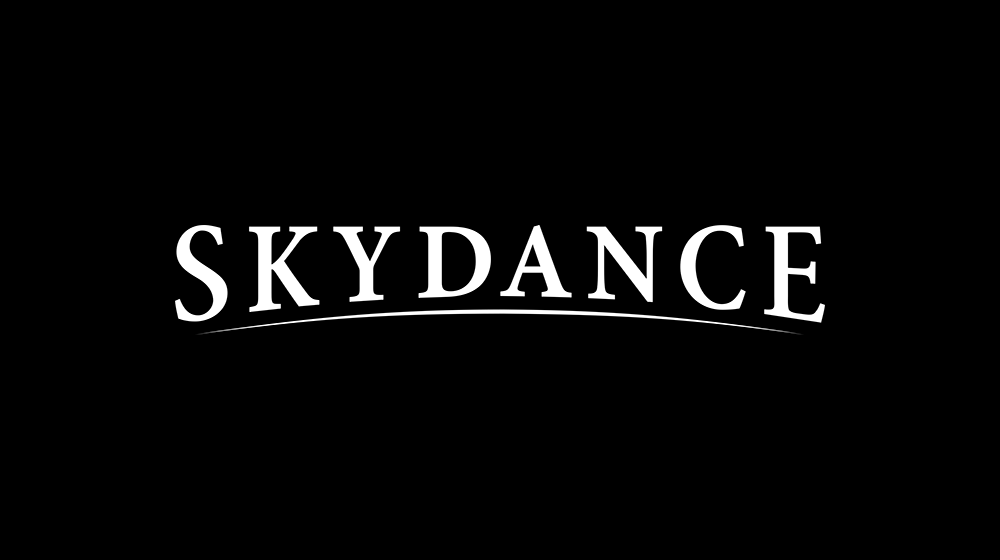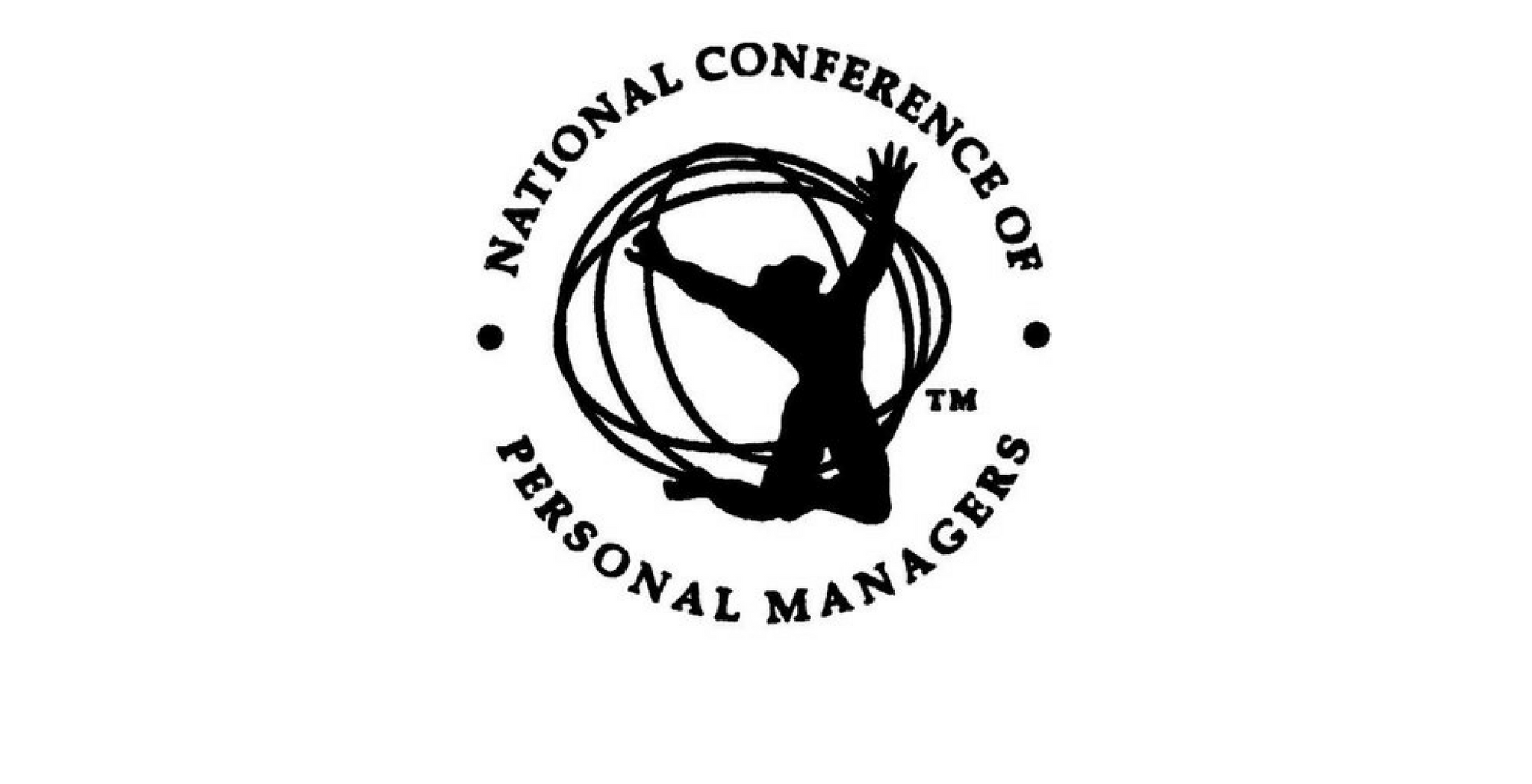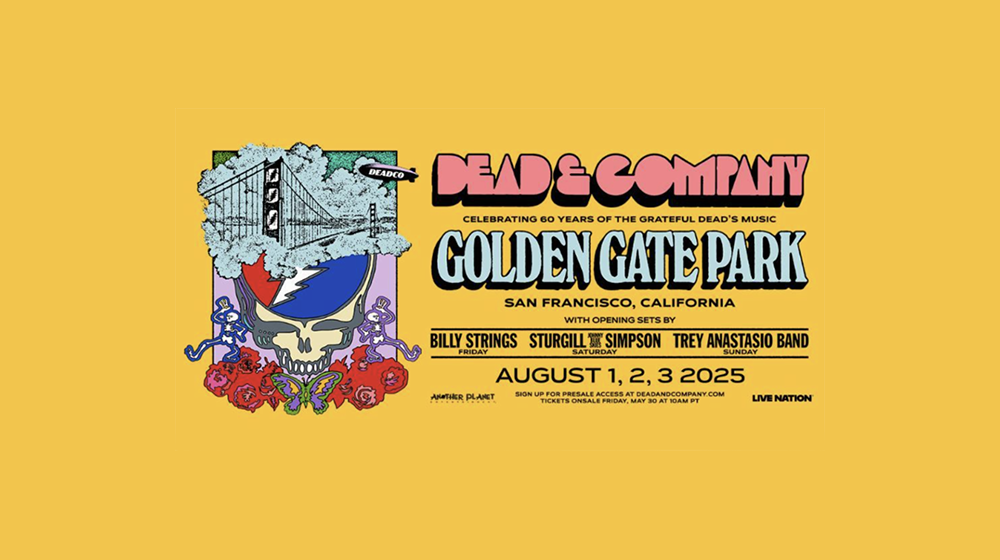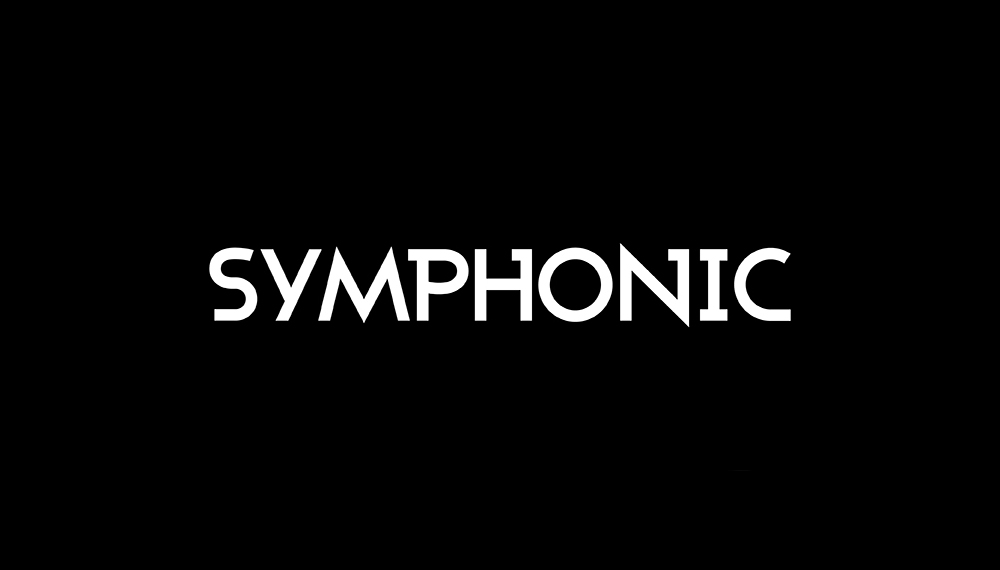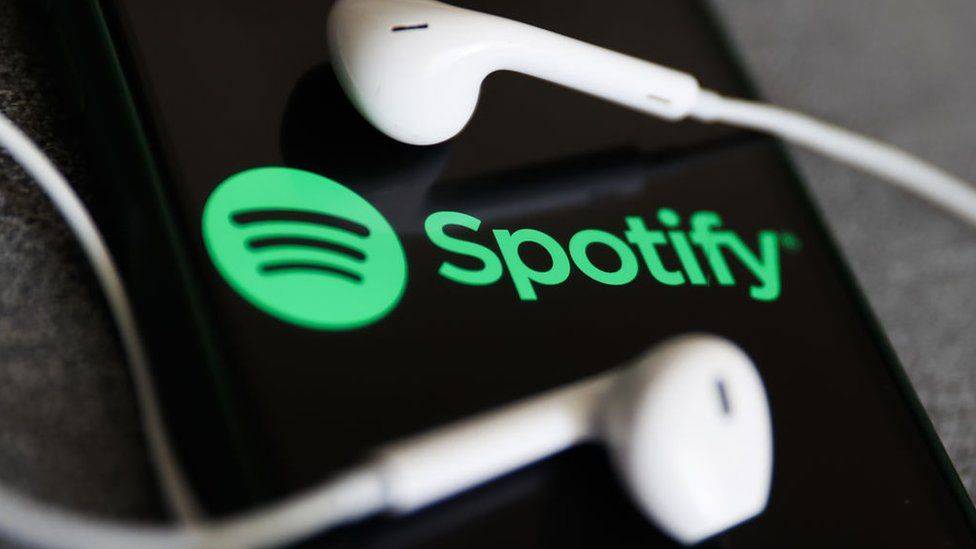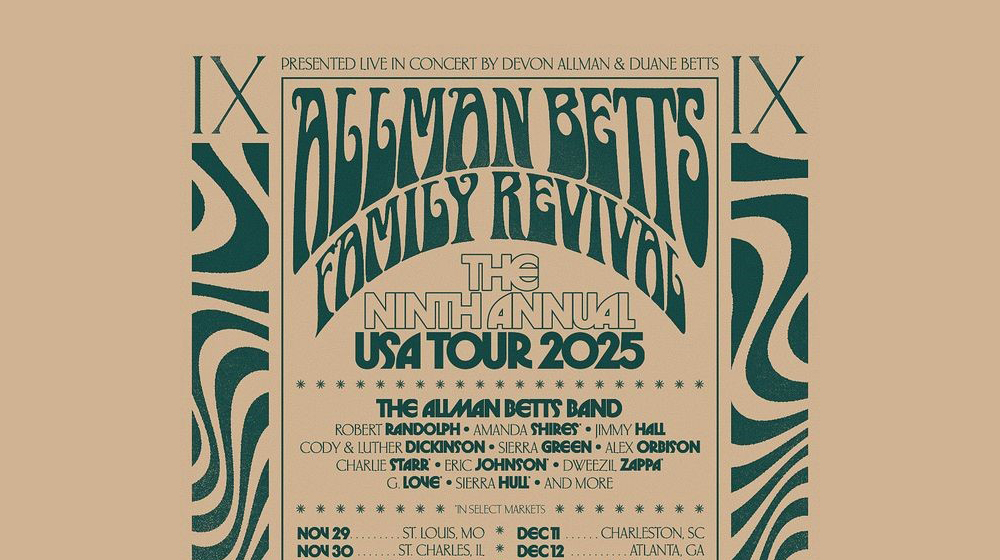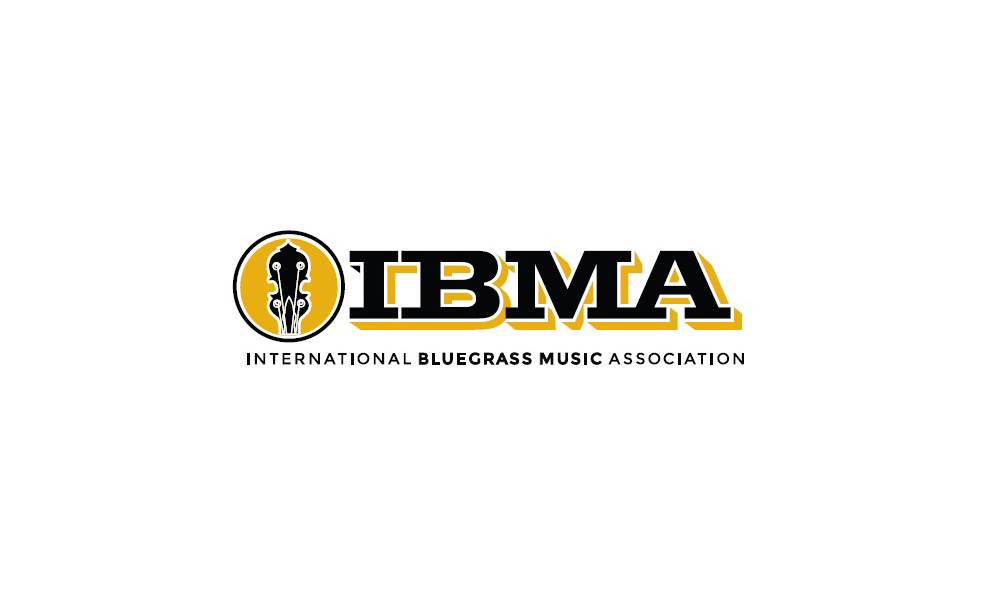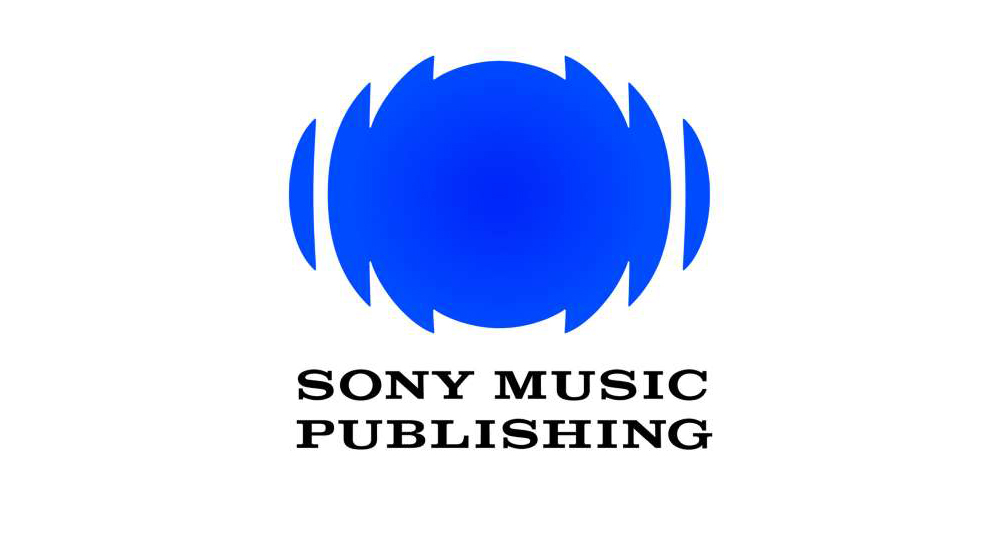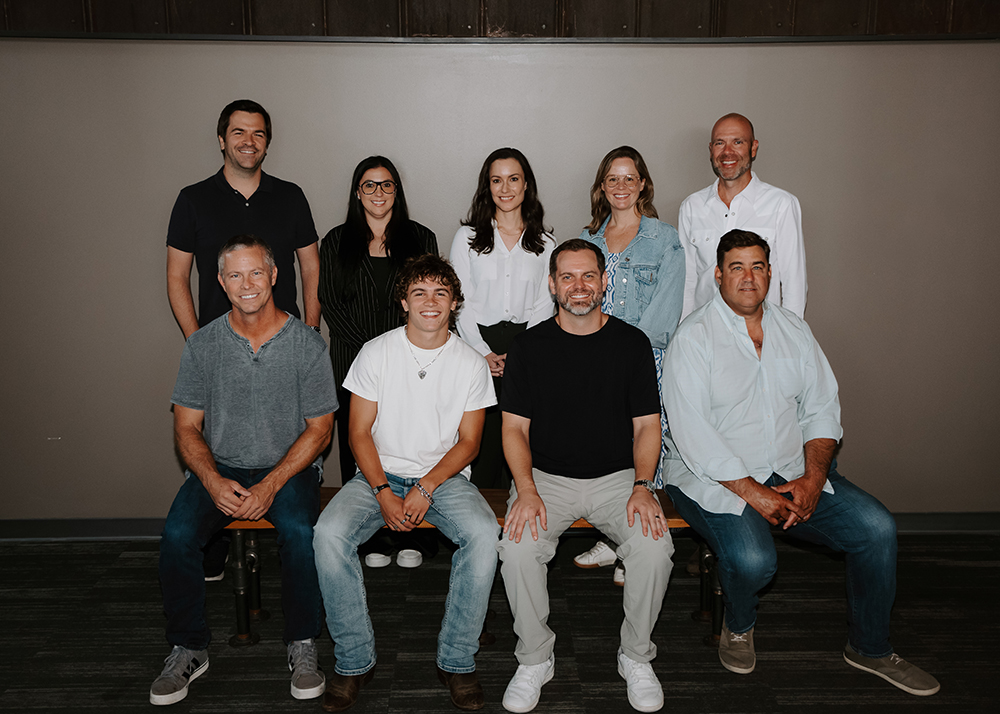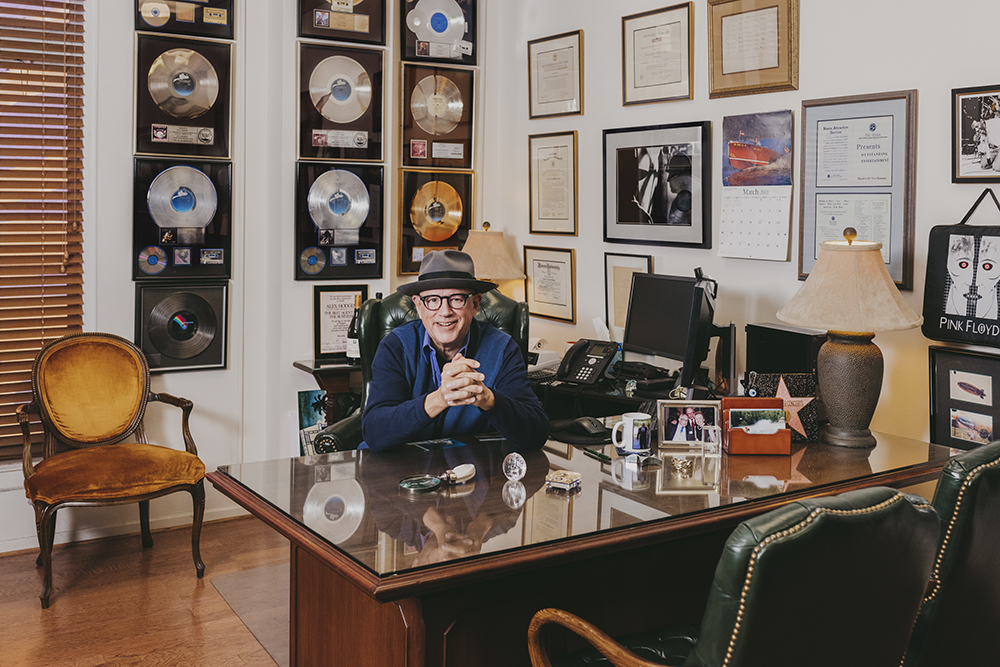
There’s a fascinating and quite boring article in the latest issue of "Newsweek" about the creativity gap, how creativity is declining in America. Reading it I couldn’t stop thinking about the music business.
Ahmet Ertegun wrote songs. Sure, he liked getting paid, but getting rich was not his primary motive for getting into the business, it was his love of music. And he wasn’t wealthy enough to be able to go it alone, he enlisted the bank account of his dentist.
Contrast that with the executives of today. Who got into music because of the money. Or the flash. That creative spark of Ahmet, the ability to put multiple elements together to create something infectious, that’s absent in today’s conference room. I’ll even give Clive Davis credit, although I felt his mainstream, formula concoctions squeezed out vitality, there was a creative process at work, based on the music more than the marketing.
Today’s labels are all about the deal. And we all know, they came to innovative online marketing last. It’s no wonder that the labels were trumped by MTV three decades ago…they couldn’t SEE the power of music on television!
But it’s even worse in the sphere of concert promotion. Promoters have traditionally been businessmen, pure and simple. Buying a product and selling it. Sure, Bill Graham added more, but isn’t it fascinating that he had a background in theatre!
In other words, maybe Michael Rapino can’t save Live Nation because he can’t come up with enough breakthrough creative concepts. As for Randy Phillips and AEG, how difficult is it to scoop the cream off the top? The real skill is building from the bottom, taking something outside and making it mainstream. But the music business squeezed the innovators out. Every young kid with an idea was fired, if he even got a job to begin with, and went into tech, and sure, many of those ideas failed, like stiff albums, but we ended up with Facebook and iPhone apps and so many cool gadgets and software. Whereas in music we’ve got nothing new, just endless riffs on what came before.
Even the artists. We didn’t nurture creativity, we were only interested in good-looking automatons we could tell what to do. So, when you finally got them in an interview, they spoke about clothes and thanked their sponsors. Go off script and you get punished. But weren’t we always drawn to those who went off script?

In other words, businessmen squeezed all the creativity out in the name of profits. And now the business is in the hands of the concert promoters, who were always the least creative element in the chain. The label built the stars, the concert promoter sold them. Now the promoter must build the star, but he doesn’t know how. As for fixing his own business, he’s flummoxed. He thinks if he just lowers the price, somehow people will magically appear.
But they don’t.
We’re drawn to cool. To the wow factor. And sure, these can occasionally be manufactured, but less in music and more in movies. Music’s appeal is its authenticity. Eliminate that, and you’ve got product. But people will only overpay to go to a crowded, overheated auditorium if the act has that something extra, that je ne sais quois. Wasn’t that Bowie’s appeal? He was just one step beyond. In both music and staging.
No band-aid is going to fix the music business. The solution will come from innovative ideas, implemented by those with creative risk ingrained in their DNA.
In other words, the music business can’t be fixed by the usual suspects, those presently in charge, because they just don’t have it in them, they lack creativity. John Sculley could steer Apple, make the books balance, but only Steve Jobs could come up with the products people salivated over, that throngs clamored to buy. Only musicians more familiar with studios than hairstylists can create the underlying product. Sure, an executive can delineate market realities, but as soon as the executive starts changing the music, that’s where trouble begins. Hits exist in their own rarefied air. The audience comes to them. Hiring Dr. Luke to create a me-too concoction that runs up the chart and is quickly forgotten is what’s killing the business, not what’s keeping it alive. The bands in Brooklyn may be too out there to ever break through, but they’ve got the right idea, throw out the conventions, start over with a clean slate, focus on music and fun, then the money might follow.





















